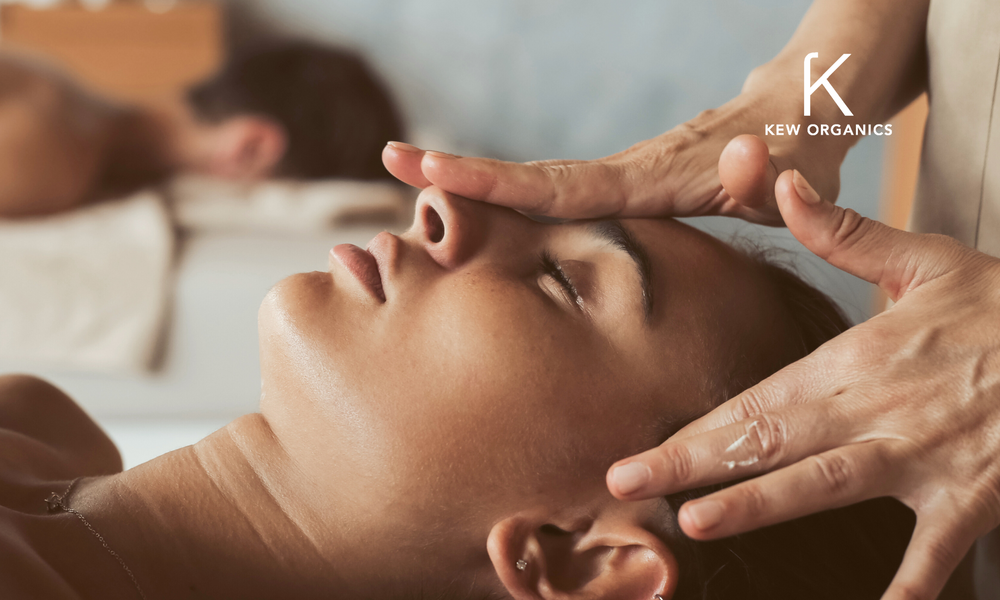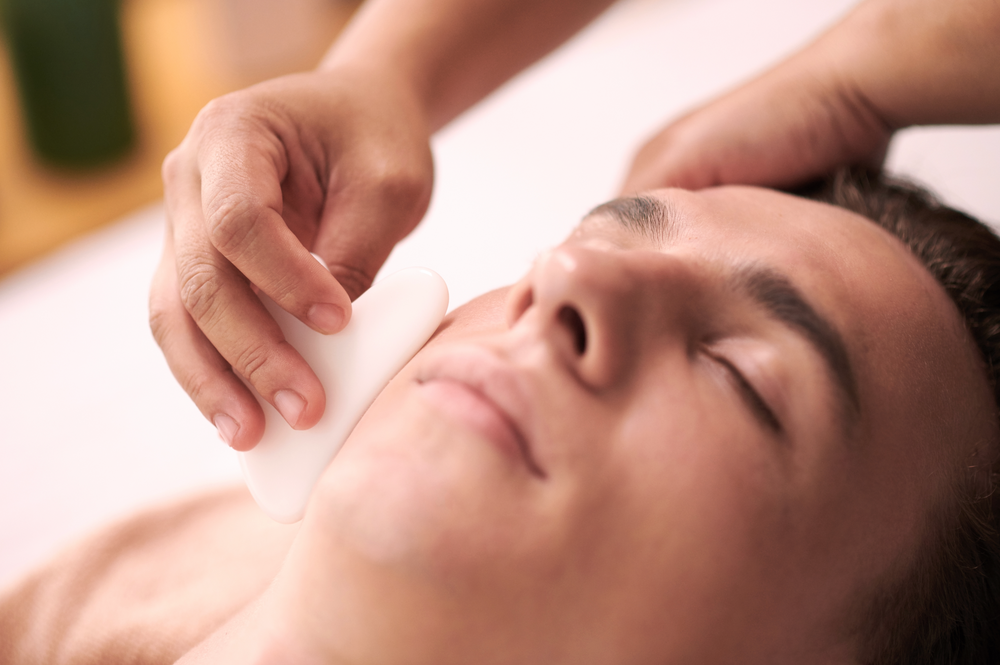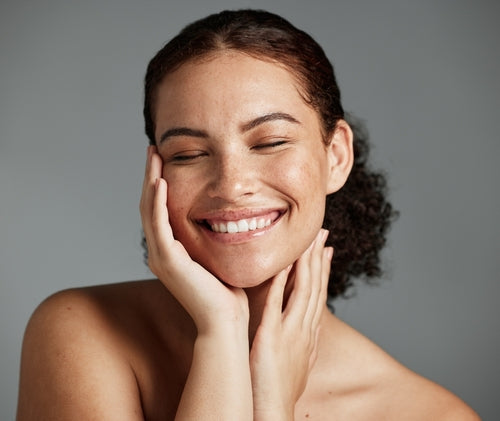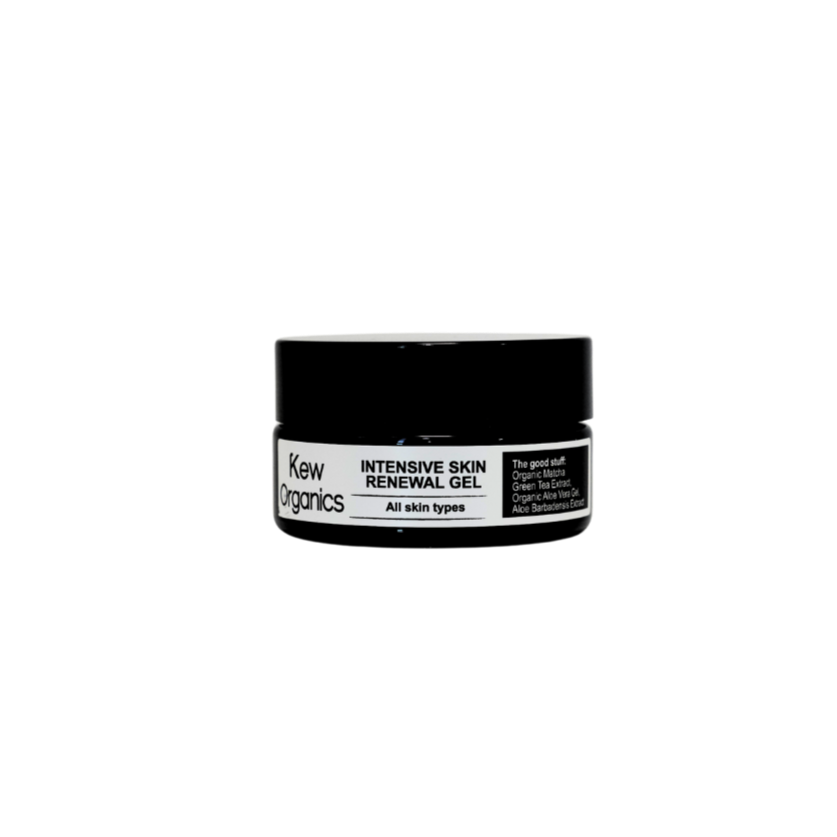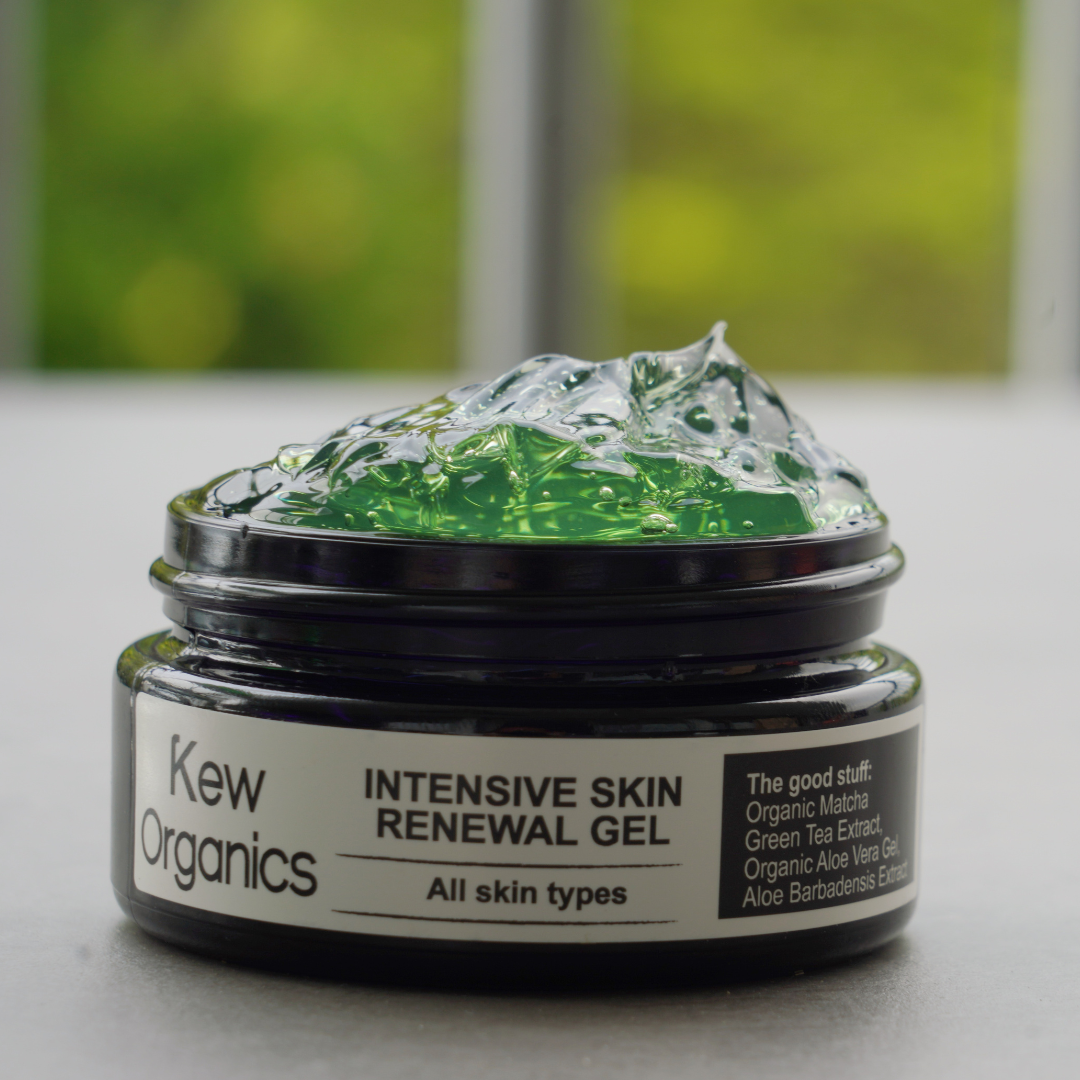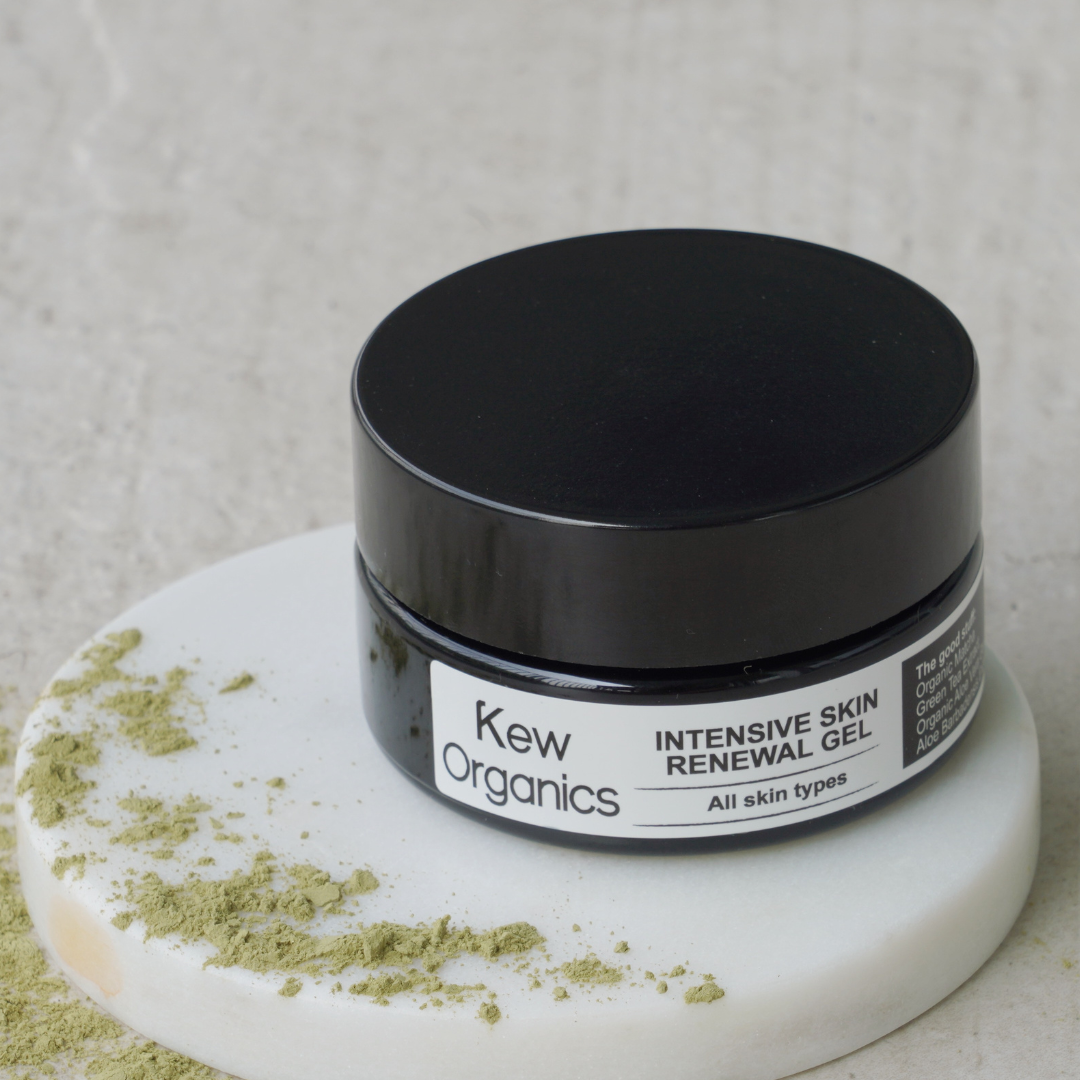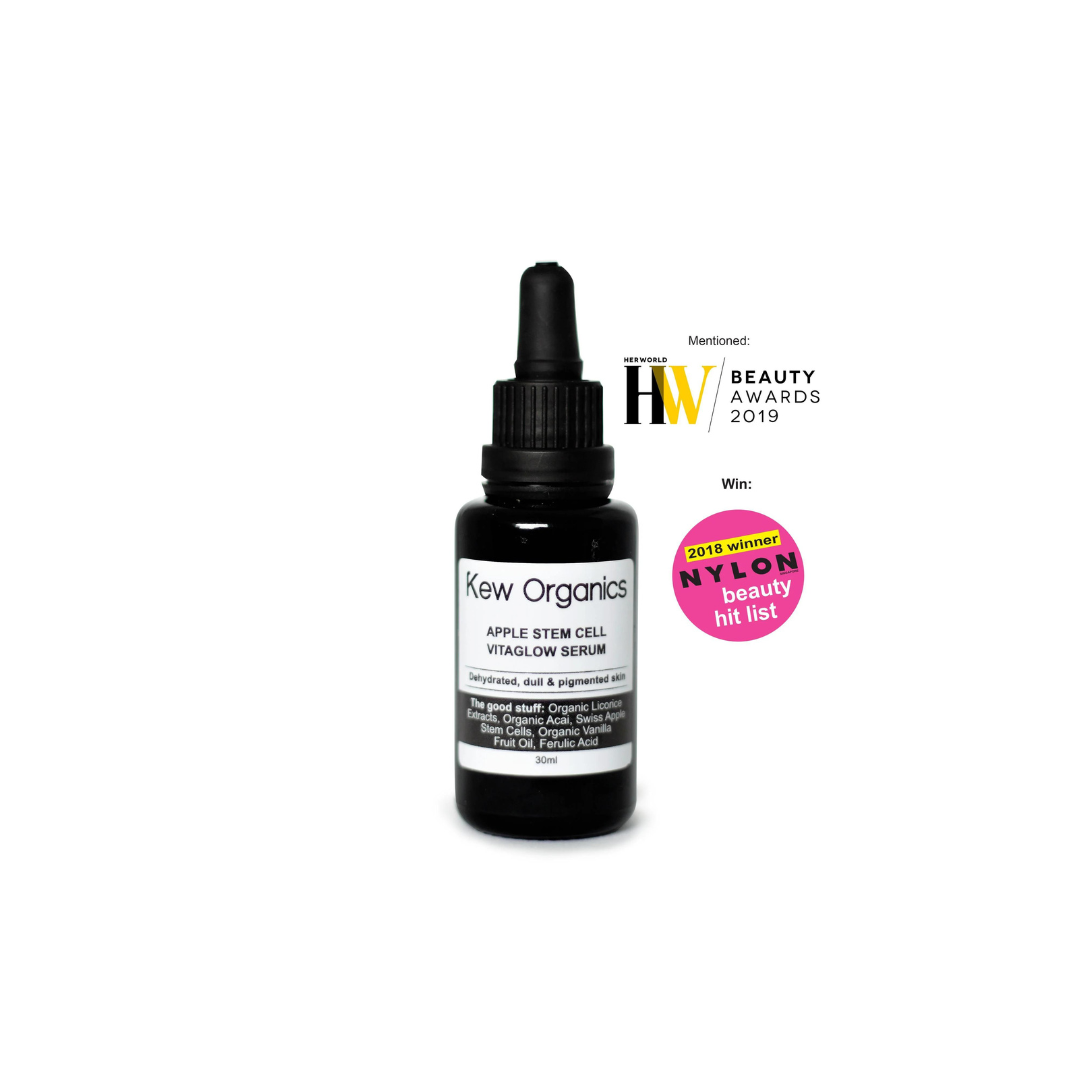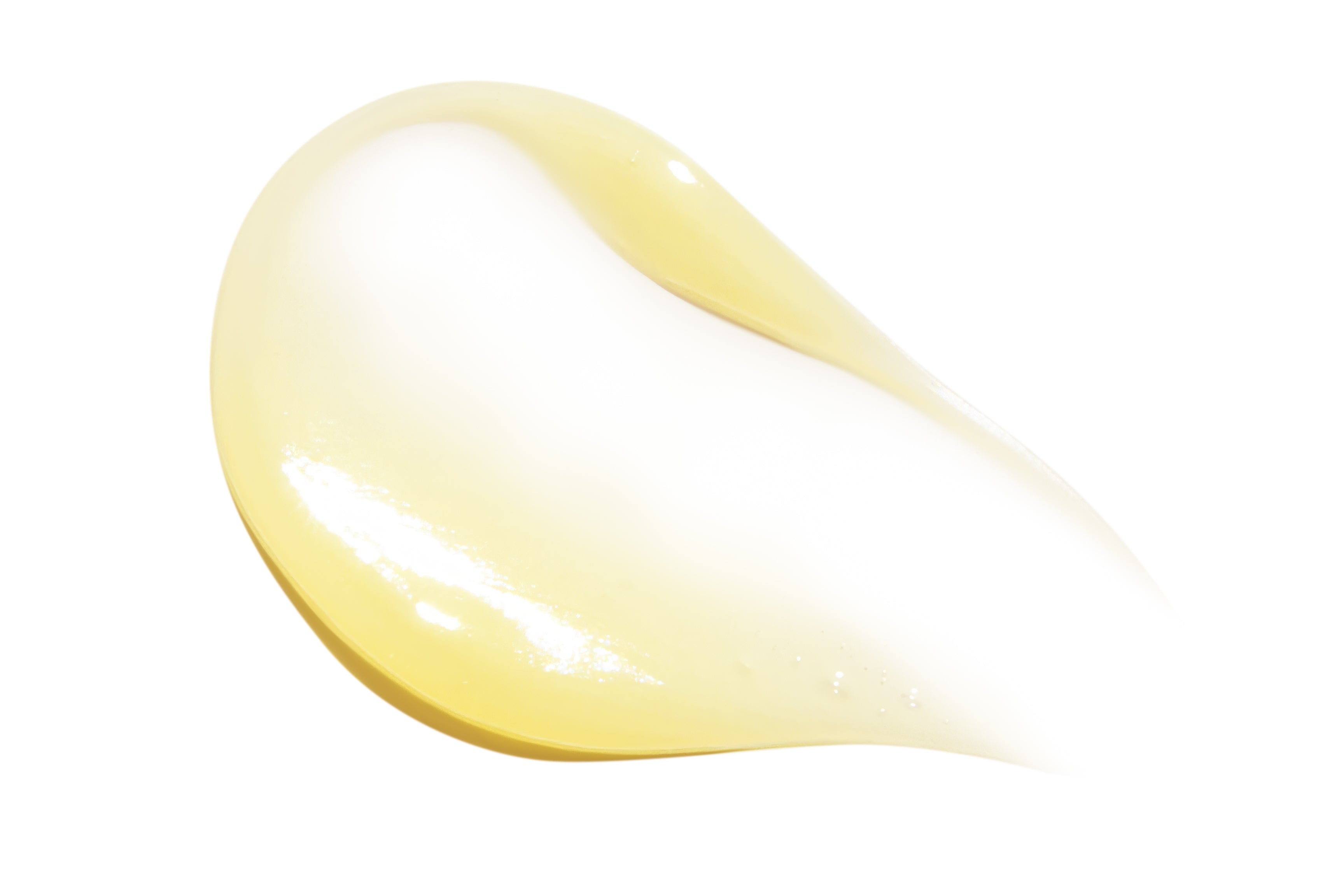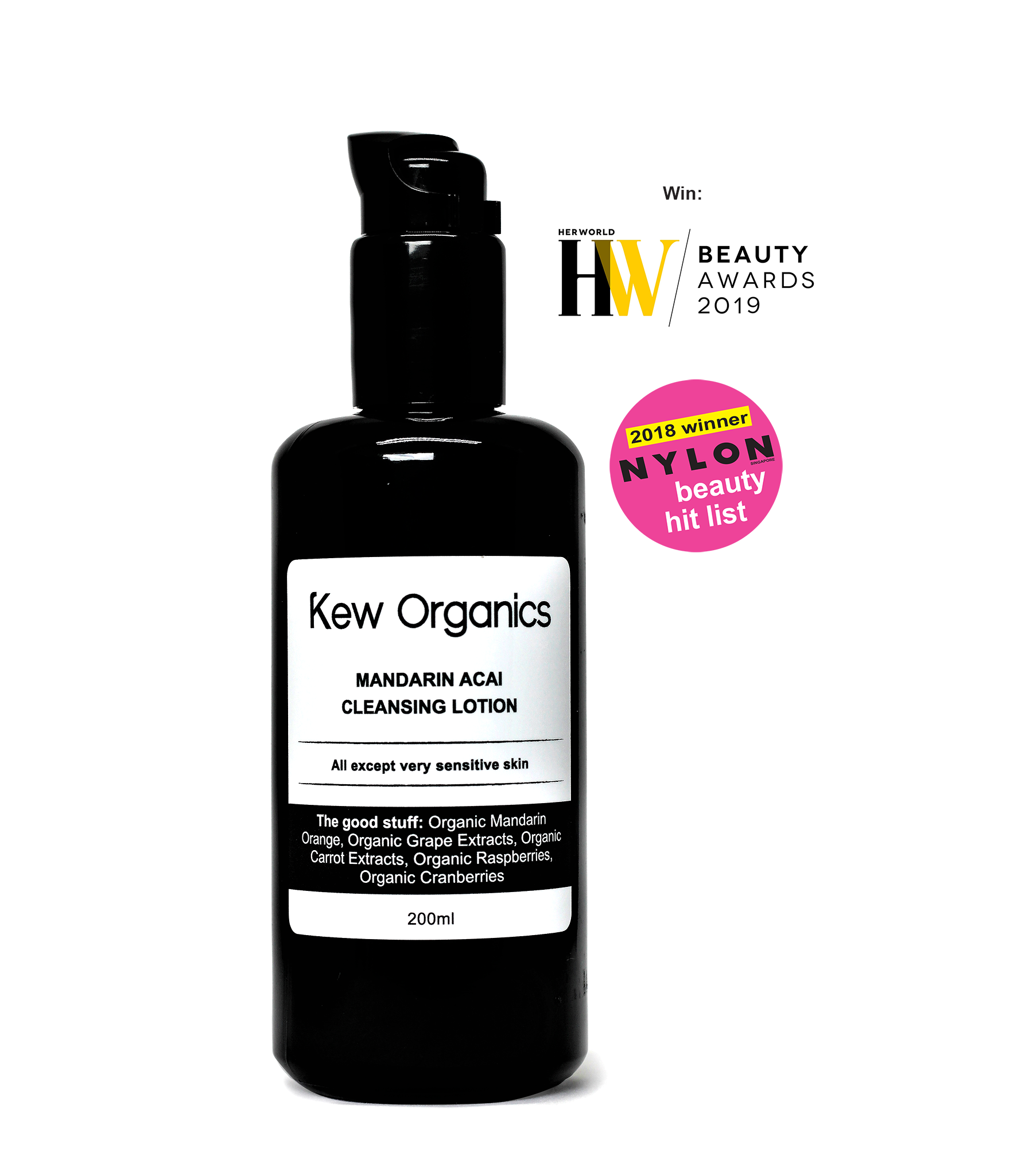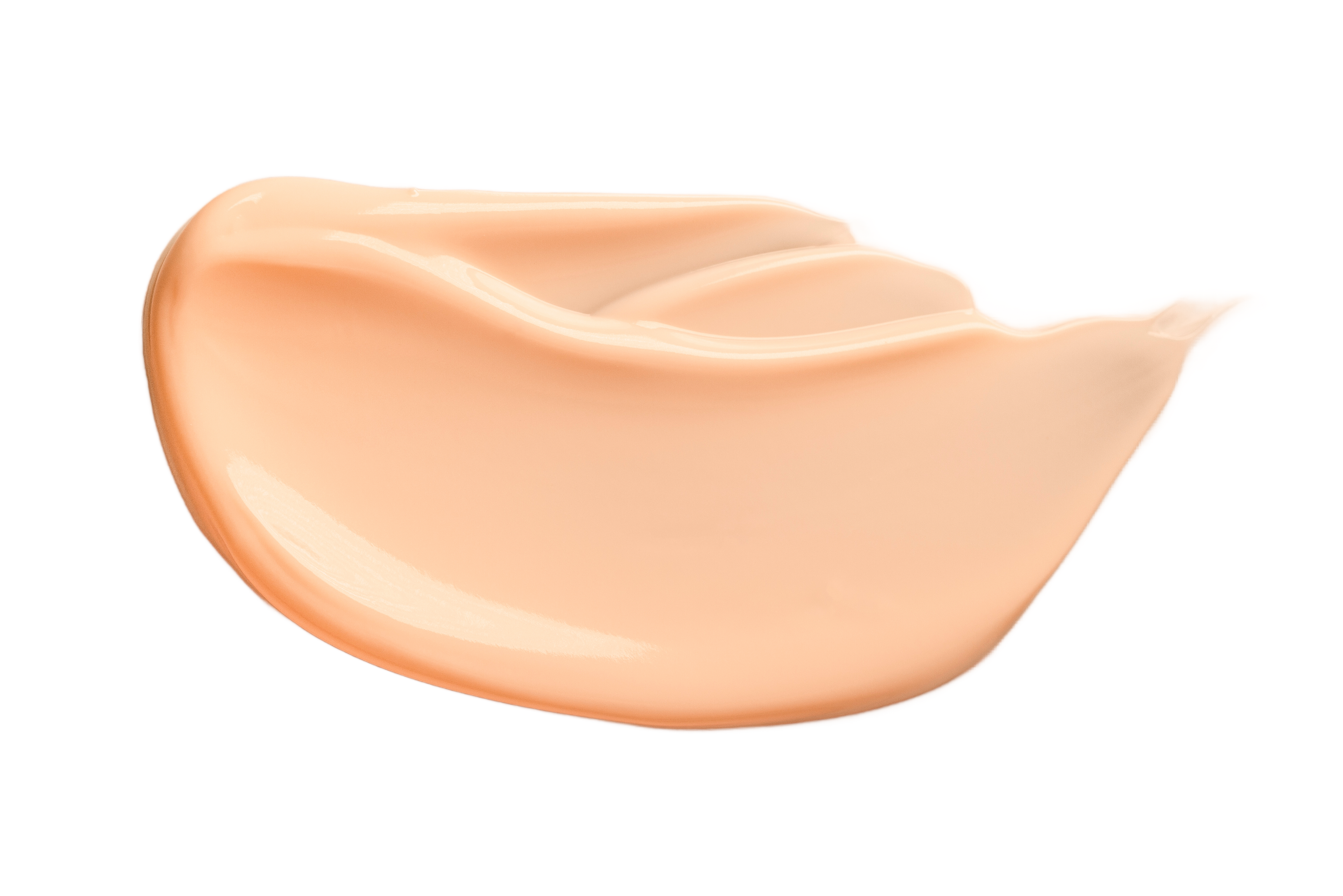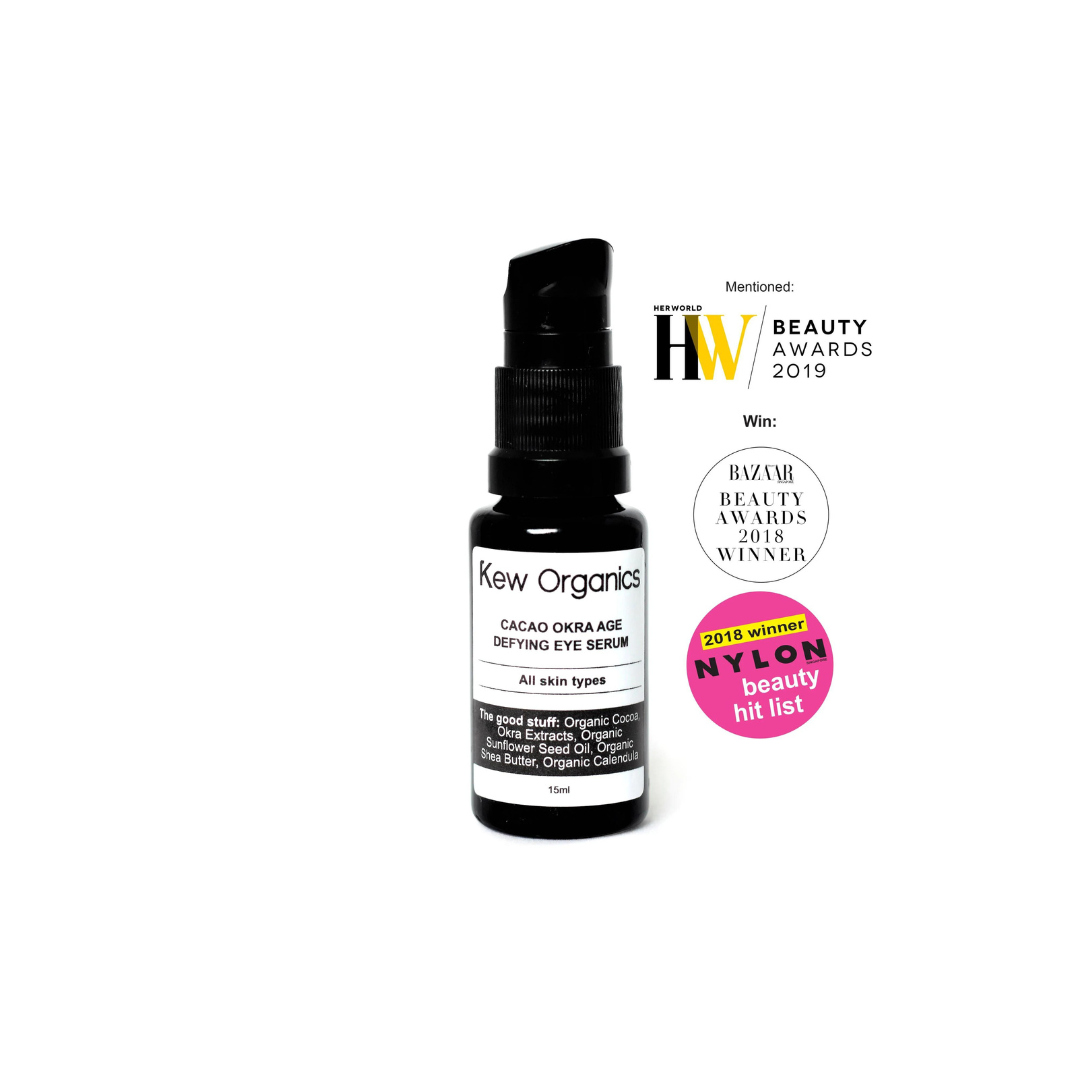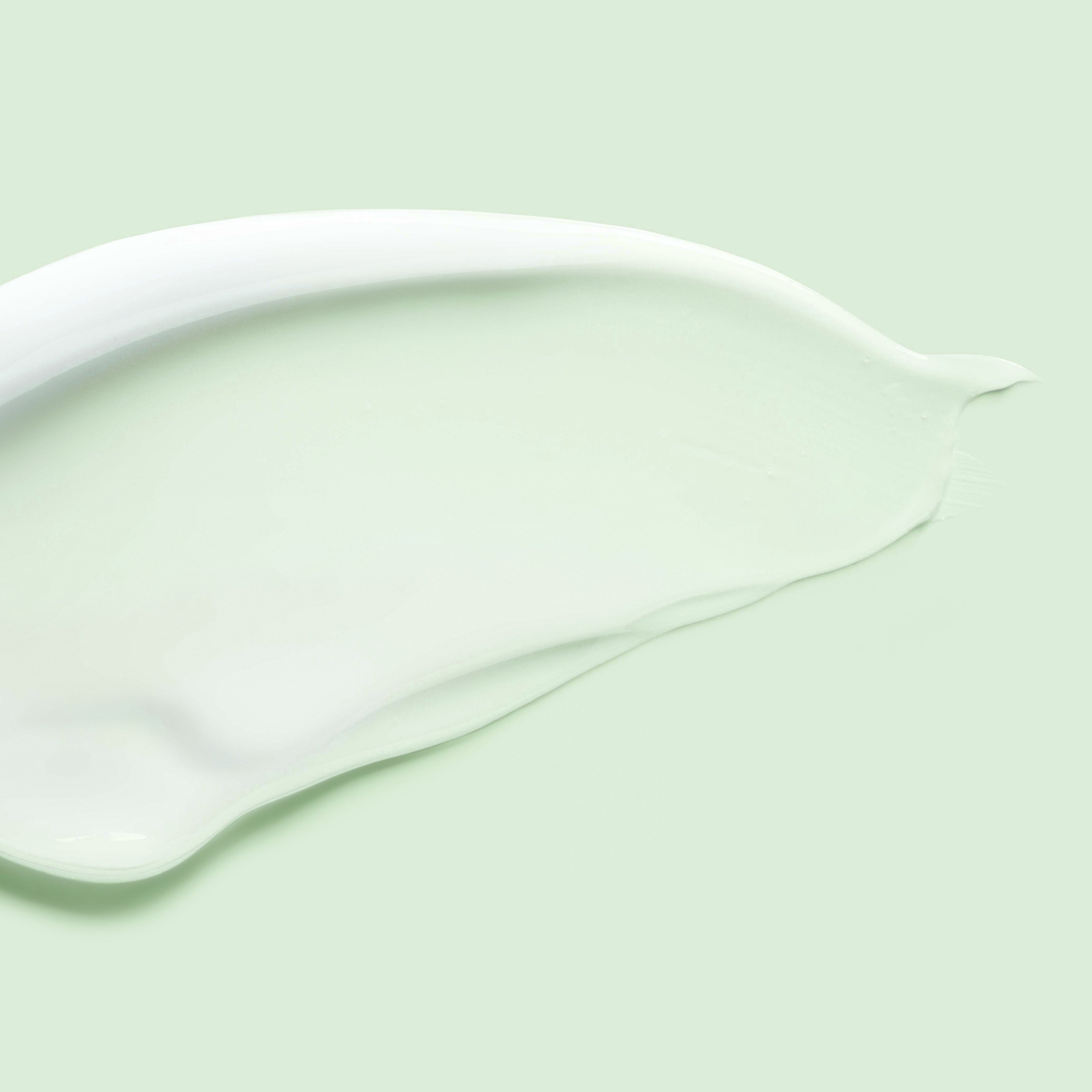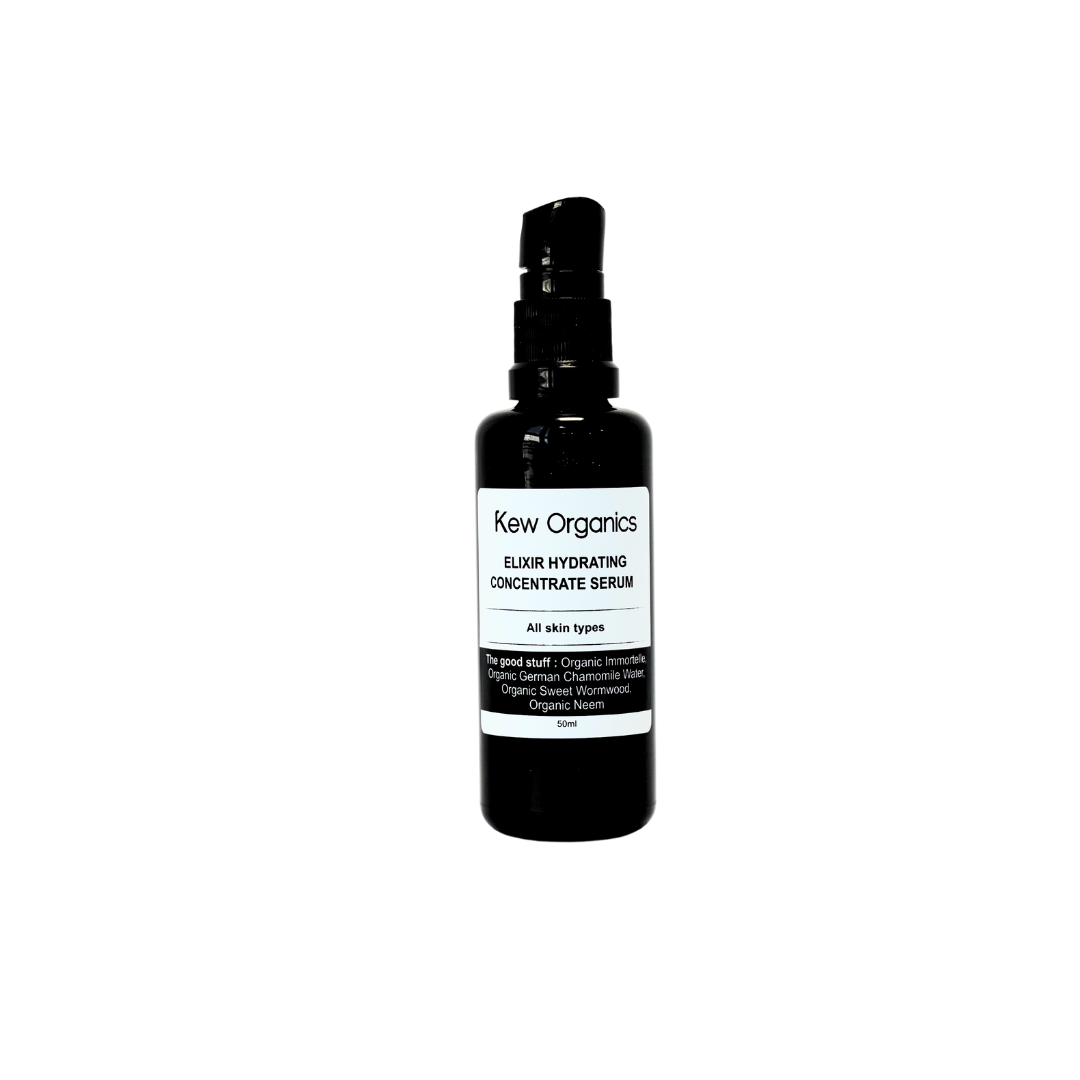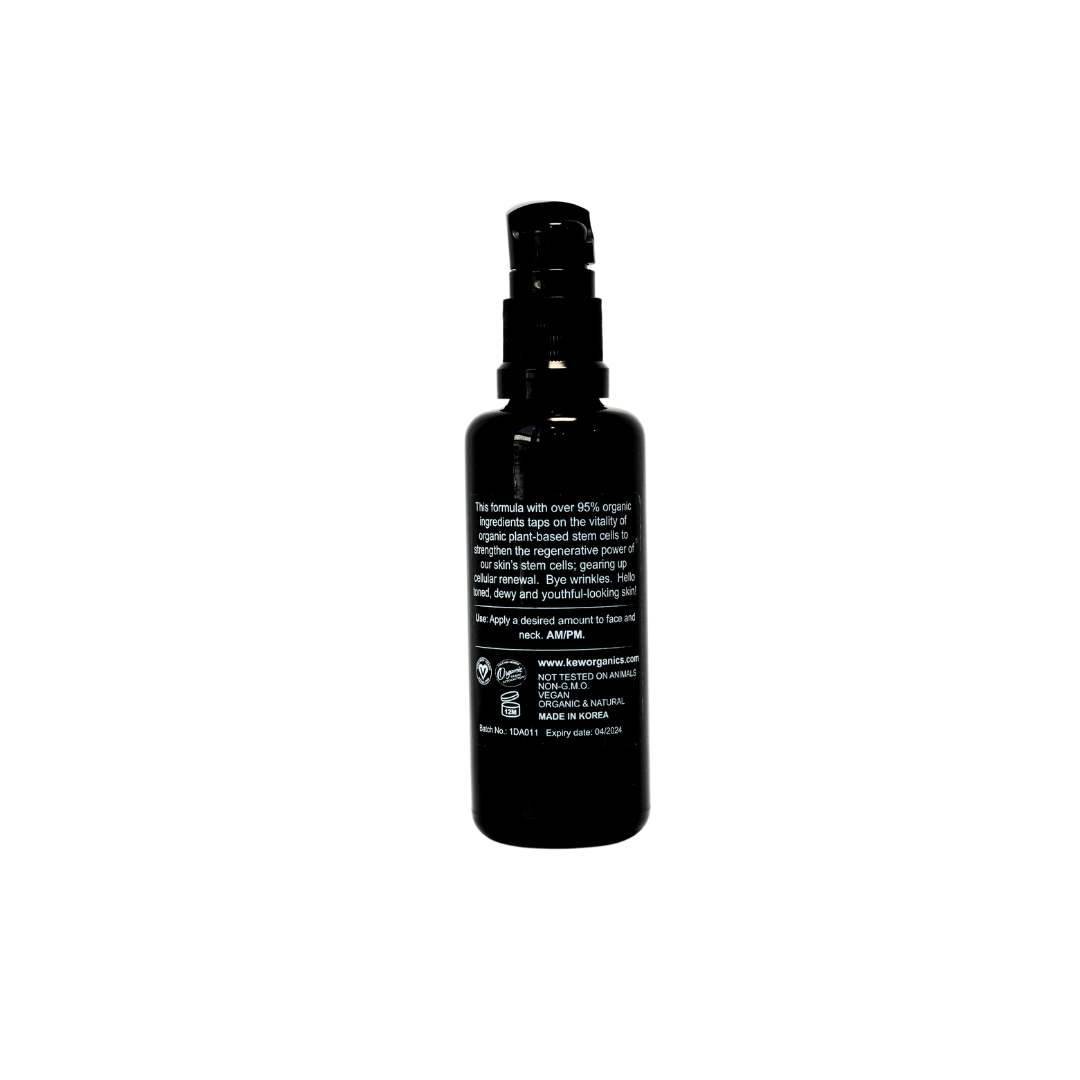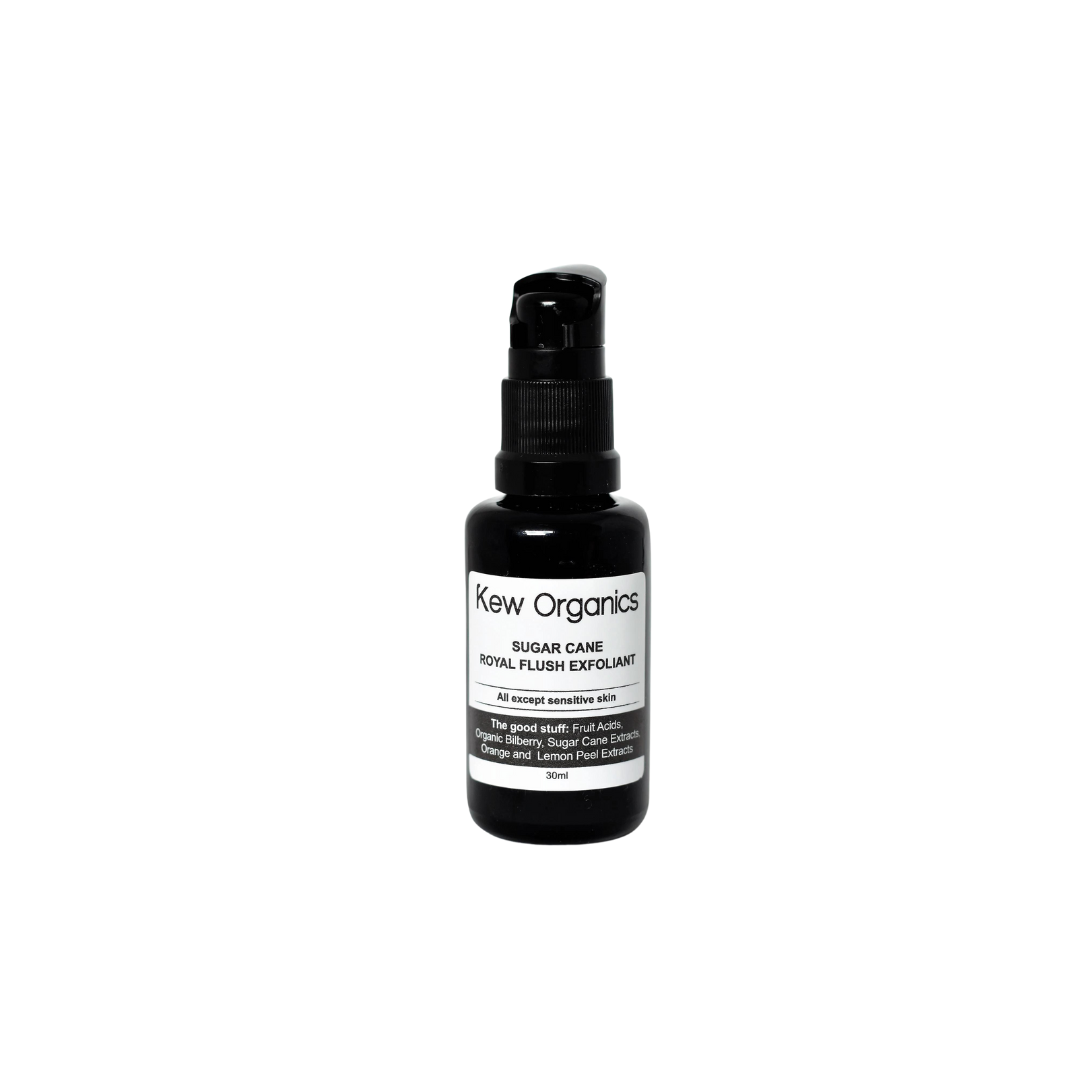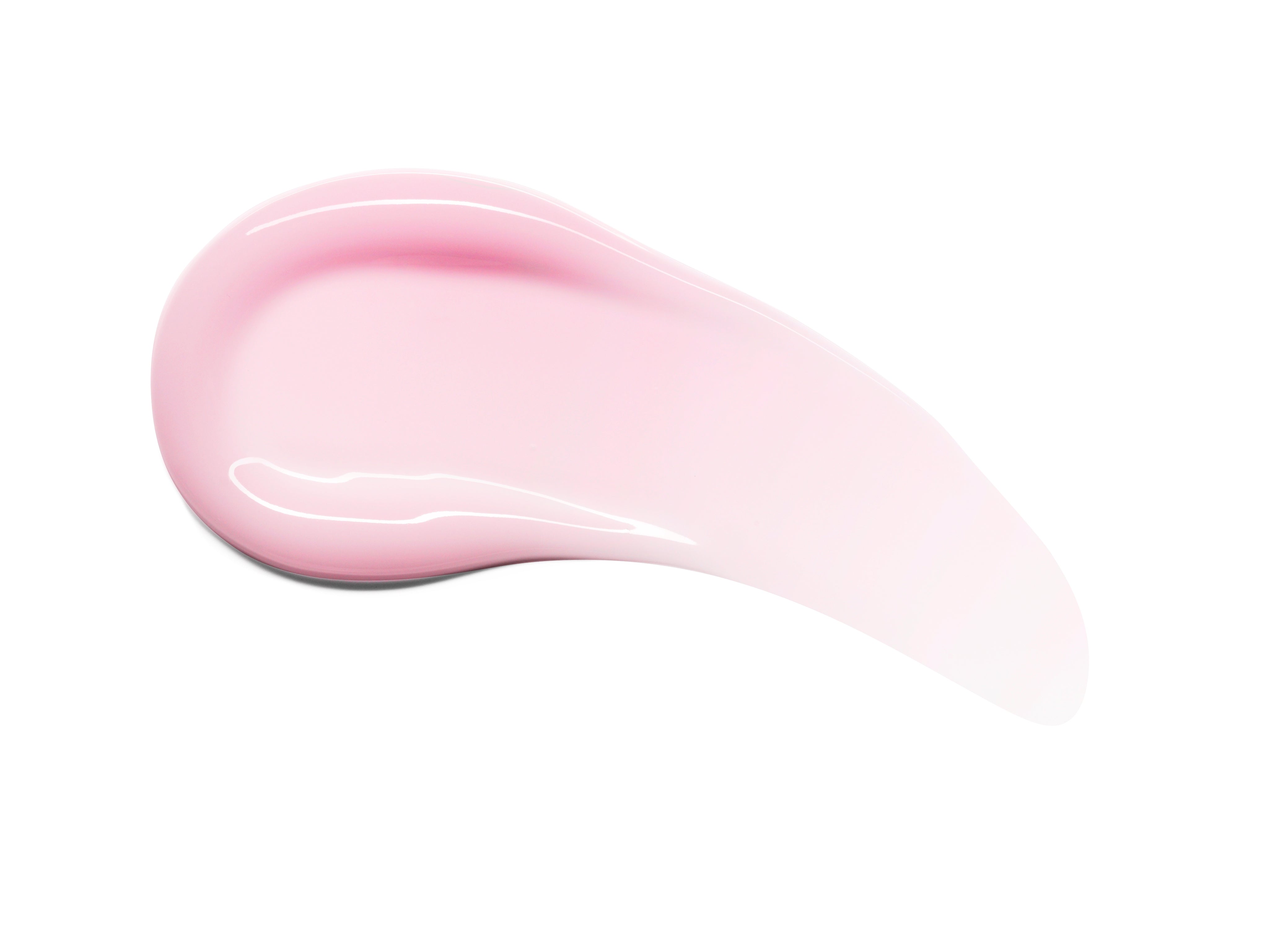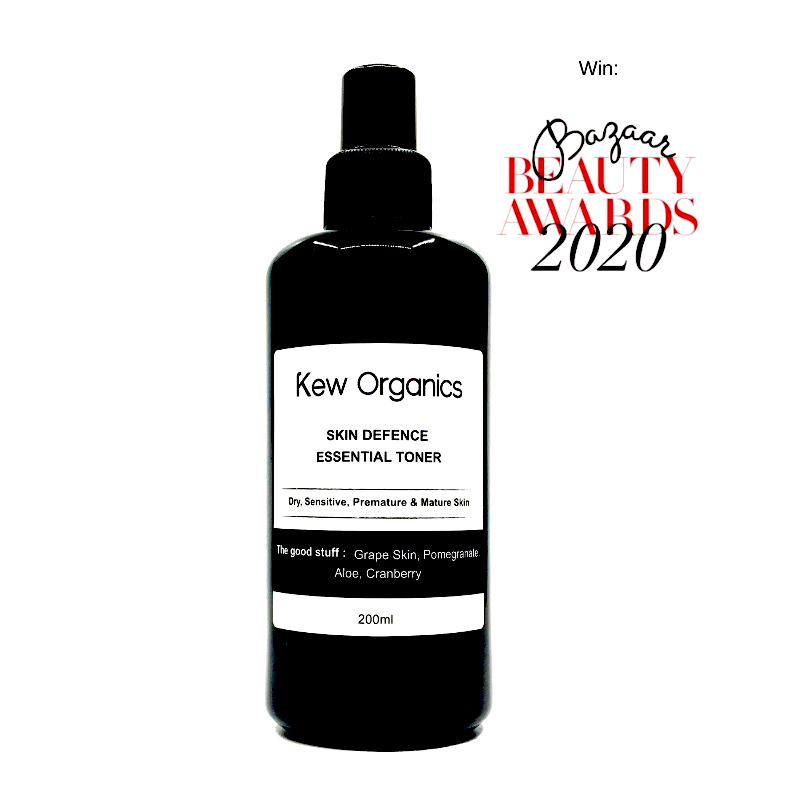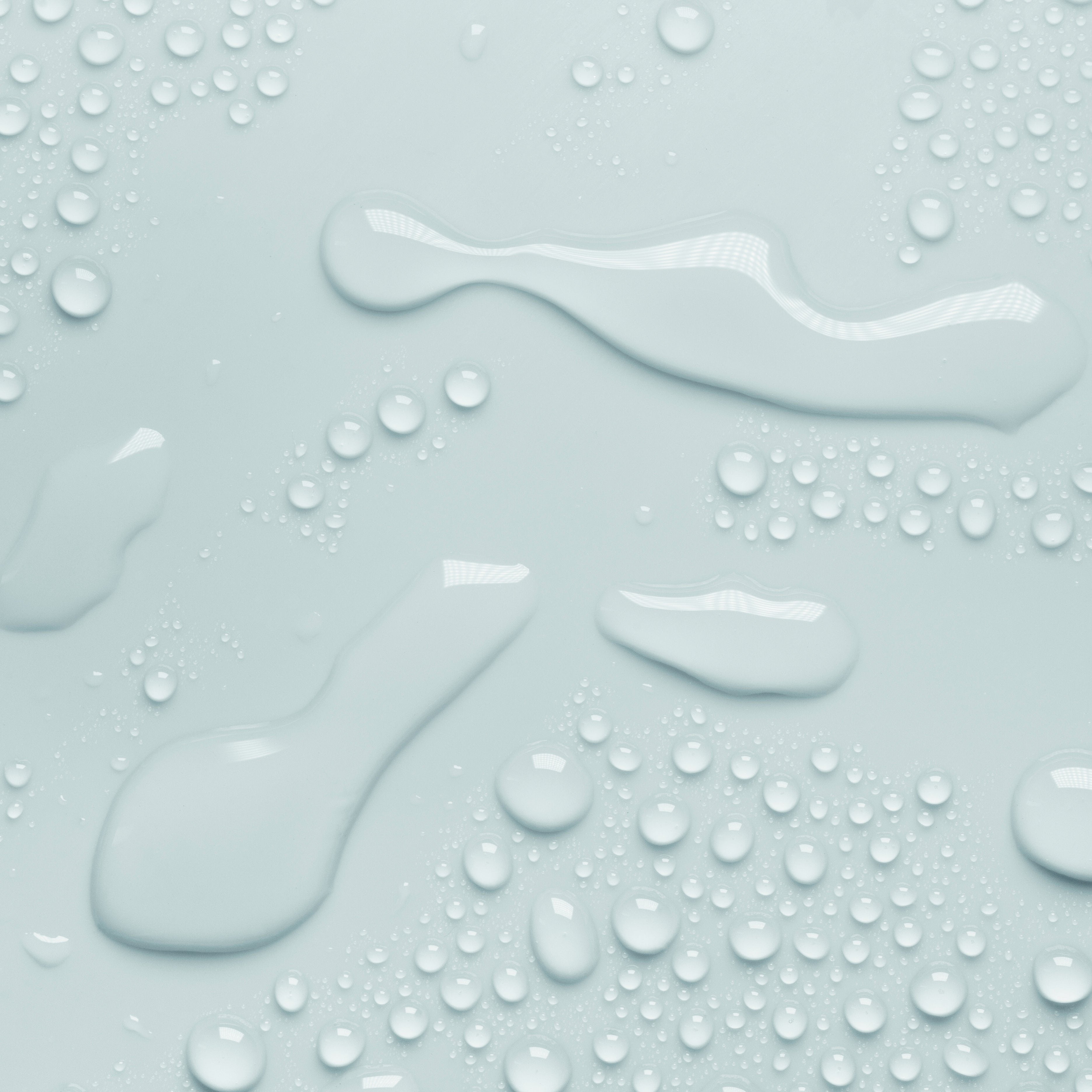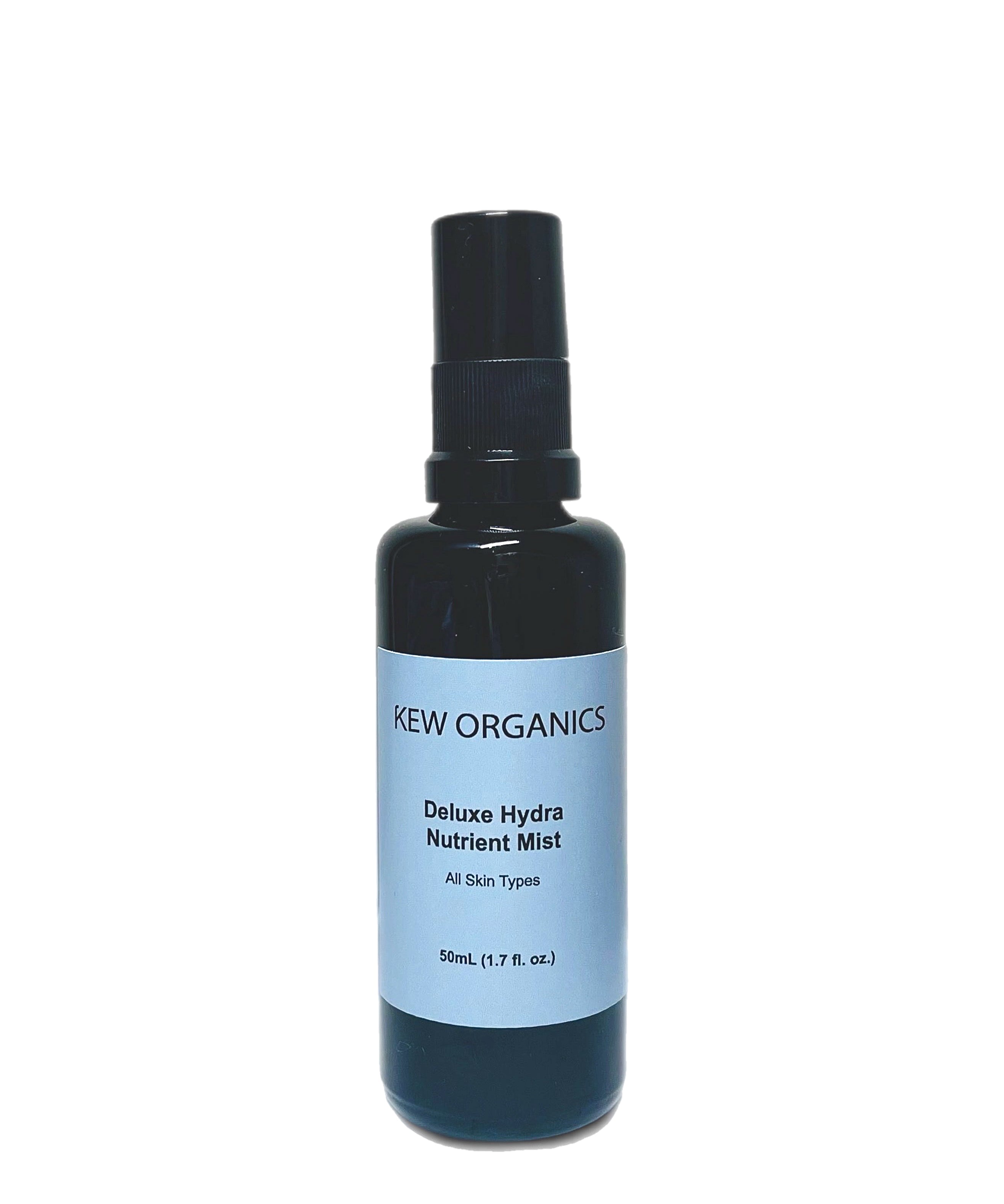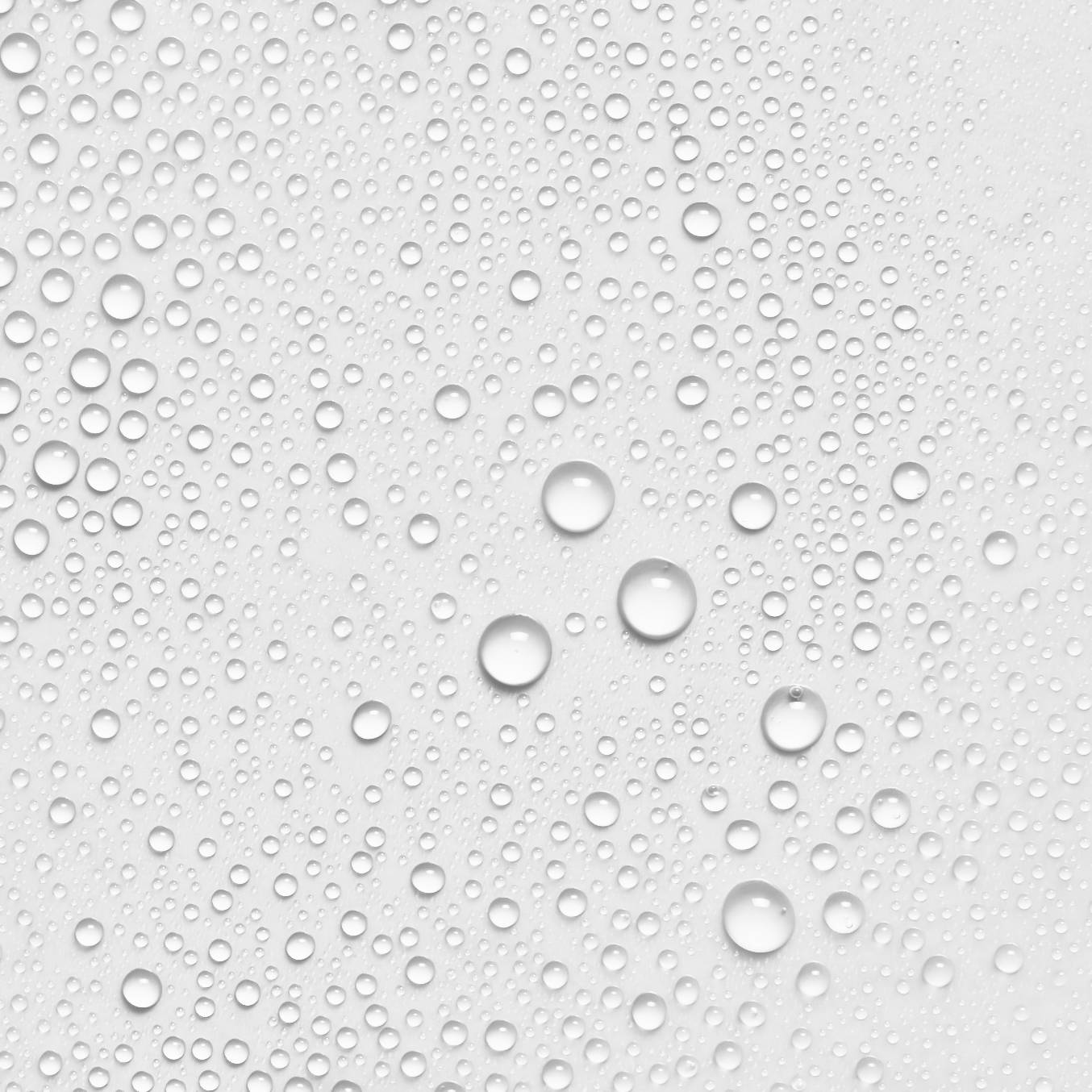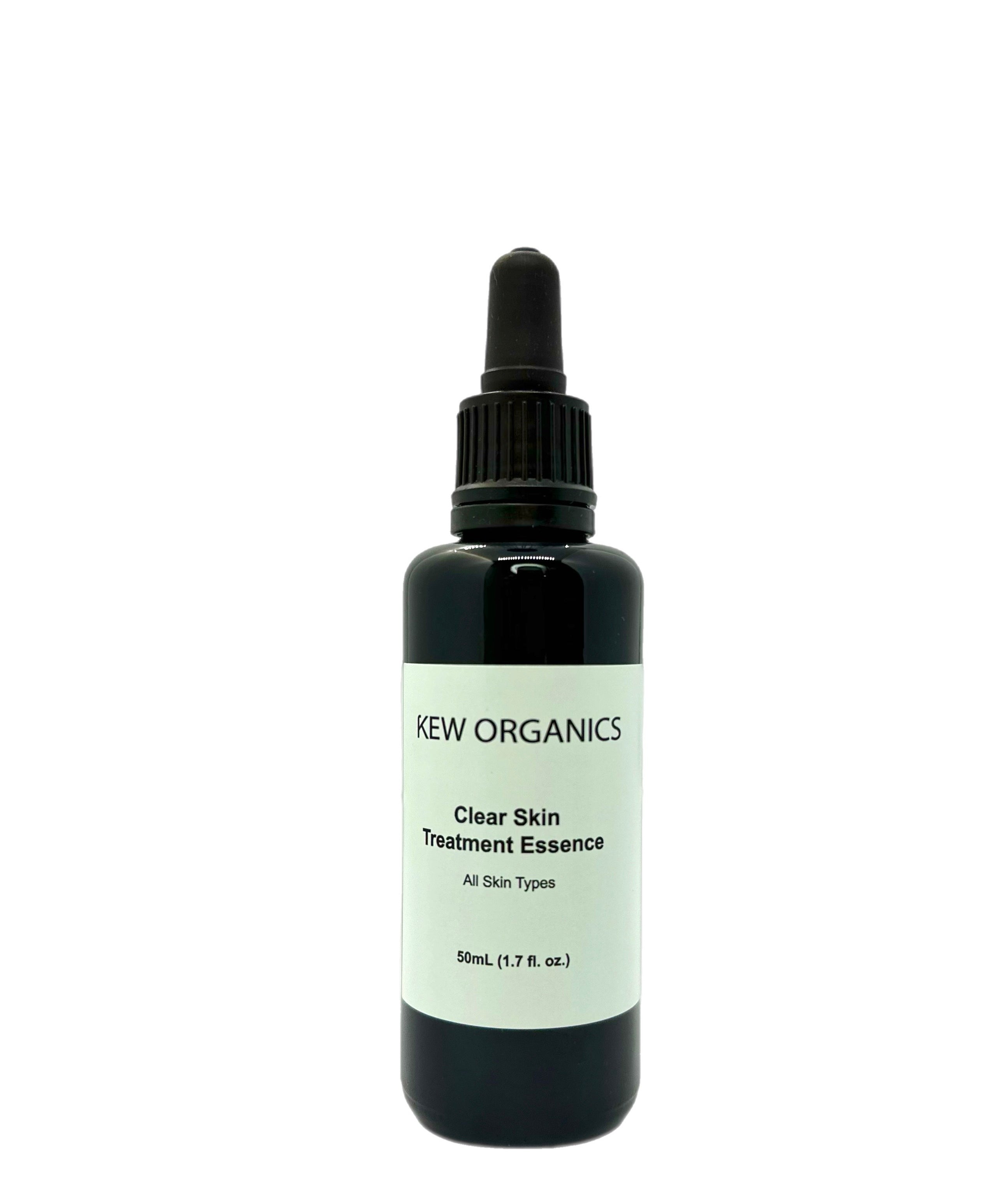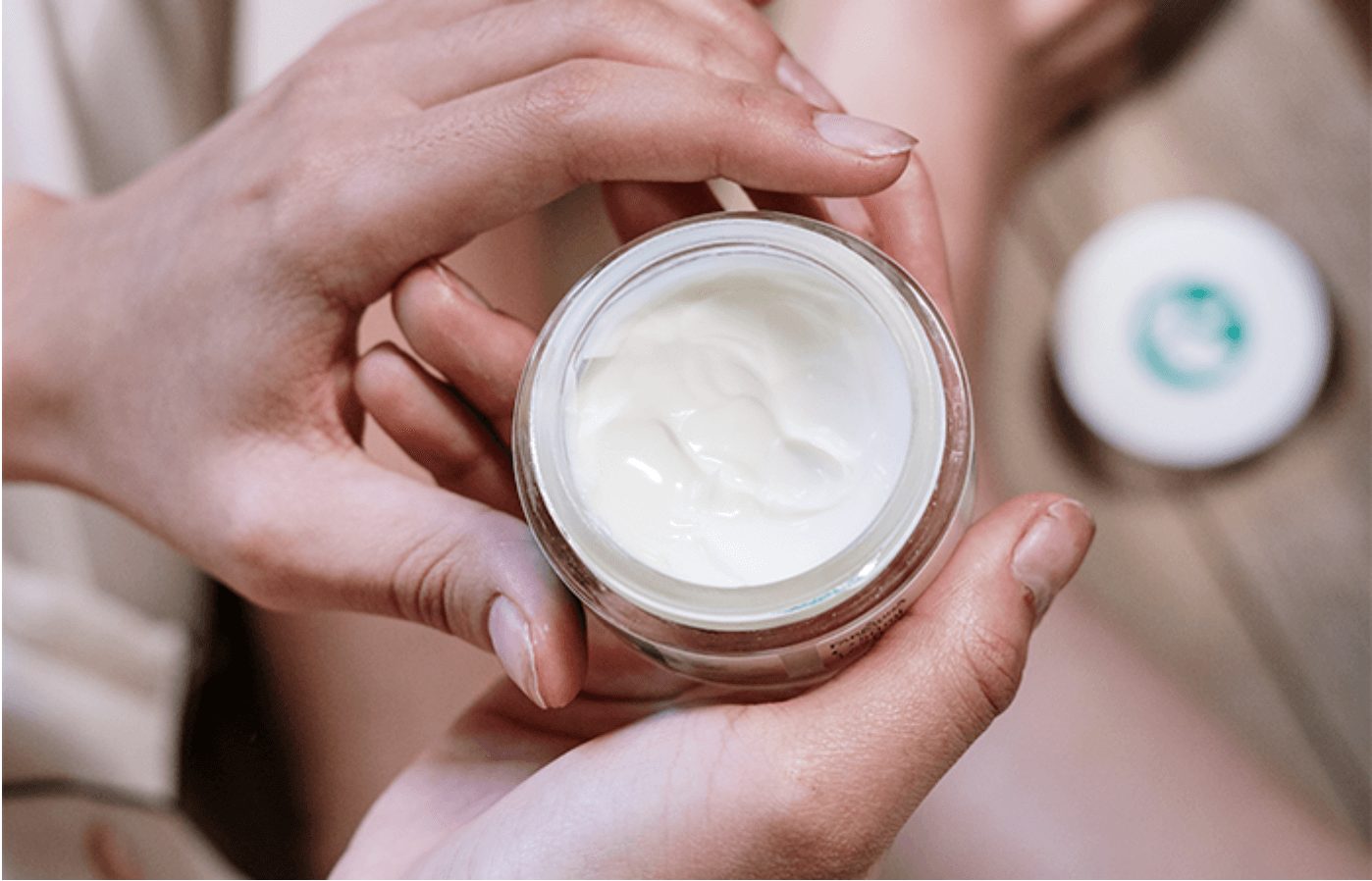A BEAUTY GUIDE FOR PREGNANT WOMEN: HOW TO DEAL WITH STRETCH MARKS, ACNE AND MORE – CNA LIFESTYLE 22 JULY 2020
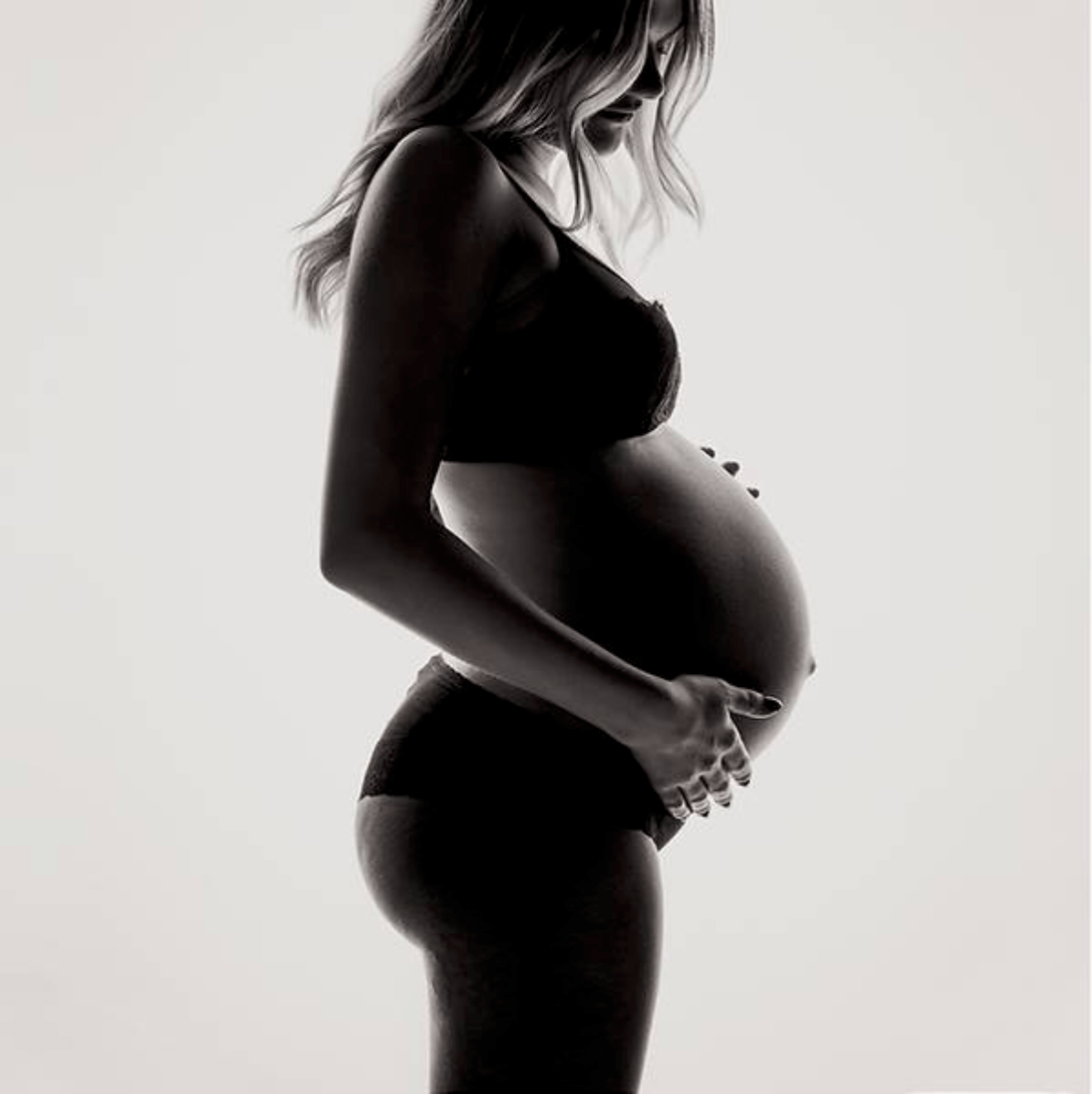
Published on CNA Lifestyle, 22 July 2020
Read full article
A beauty guide for pregnant women:
The much-talked about “glow” that pregnant women are known to sport often overshadows the issues that an expectant body may experience throughout pregnancy.
With increased blood flow and surging hormones, both good and bad changes can happen to the body as it evolves to support the growing baby.
The main causes of these changes are the hormones oestrogen and progesterone. These are important for the development of the baby but, unfortunately, these can also wreak havoc on the physical appearance of the mum-to-be.
Thankfully, there are ways to alleviate the issues. But it’s crucial to remember that each pregnant woman has a different experience – while some coast through their pregnancy with little to complain about, others have more to deal with. The trick is finding what works for you and meets your needs.
According to dermatologist Dr Wang Yi Shi of W Skin and Laser Clinic, the most common conditions that can aesthetically affect a pregnant woman are hyperpigmentation, itchy skin or eczema around the lower abdomen, stretch marks and acne. While a lot of these issues are temporary, some such as stretch marks, can be permanent.
To help you along the journey, here’s how to deal with the issues and some tips to get you feeling your best.
ACNE WOES “Some women may develop acne outbreaks during pregnancy. I see this more commonly during early pregnancy,” explained Dr Wang
“The cause is postulated to be due to the hormonal changes that take place during pregnancy which may stimulate the oil glands on the face to become more active.” To combat this, she suggested regular cleansing, topical antibiotic gels, and topical salicylic acid preparations.
Lily Kew, founder of skincare brand Kew Organics, added that breakouts can happen due to an increase in sebum that causes clogged pores. She advised to go easy on the makeup if this happens.
“Makeup suffocates your skin, clogs your pores and cause even more breakouts, dullness, uneven skin tone, pigmentation and sensitivity. It also causes further irritation and deterioration to already sensitive skin,” she said.
PIGMENTATION ISSUES
Pigmentation issues, such as melasma (also known as chloasma or pregnancy mask), can happen as hormones push the skin's pigment cells into overdrive. “Pregnancy mask, which all expectant mothers dread, is fortunately rare,” said Grace Tay, a senior trainer at Clarins.
“It can appear in the fourth or fifth month of pregnancy, in the form of irregular pigmentation marks on the face. This is a purely hormonal phenomenon and should not cause undue concern as it disappears gradually after the birth.”
To prevent melasma, Dr Wang advised limiting sun exposure and using a sunscreen of minimum SPF 30. She also highlighted that women may develop “linea nigra”, a brownish line or streak along the central abdomen, but this disappears gradually after pregnancy.
ITCHY SKIN AND ECZEMA
As the baby grows and the abdominal girth expands, the skin around the lower abdomen may also start to get itchy and eczema may occur. To help alleviate this, Dr Wang advised using a gentle skin cleanser and to moisturise frequently. She said: “If the skin is still itchy in spite of these measures, seek a doctor's advice. A doctor can prescribe topical medicated ointments to treat the eczema.”
STRETCH MARKS
Of course, there’s the much-feared stretch marks. These happen as the abdomen dramatically increases in size leading to the tearing of the dermis (middle layer of the skin). Dr Wang said: “Developing stretch marks with pregnancy is inevitable. It can be minimised to a certain degree by using moisturisers regularly throughout the pregnancy to keep the skin around the abdomen soft and supple.”
Tay added that the best weapon against stretch marks is prevention and preparing the skin by making it twice as supple and more resistant.
“Once stretch marks have appeared, they are impossible to get rid of but they can be diminished over time. To keep the skin supple, apply a moisturiser or tonic.” She also recommended exfoliation once or twice a week to rid the skin of impurities, and encouraging cellular renewal to make the skin firmer and more receptive to body care products applied afterwards.
HAIR MATTERS
Hormonal changes can also sometimes cause excessive hair loss or even hair thickening during pregnancy. Most changes in hair growth return to normal after birth and the best way to deal with these changes is to ensure that you change your haircare products according to your needs.
As for colouring the hair, Dr Wang said: “It’s not absolutely necessary to avoid hair colouring when pregnant. However, hair dyes do contain fairly strong chemicals, some of which can cause allergic reactions. Hence, I generally will advise people with sensitive and itchy scalps or broken skin on their scalp to avoid colouring their hair.”
PREGNANCY BEAUTY TIPS:
- Rest up
- Drink enough water
- Eat well
- Protect against the sun
- Choose products wisely
She said: “Be wary of toxins, chemicals and harmful ingredients seeping into our body system via the skin, even more so for pregnant women.”
When it comes to ingredients to avoid, Dr Wang cautioned against using topical products that feature tretinoin and hydroquinone.
- Less makeup
- Exfoliate
- Treat yourself
KEW ORGANICS CLEAR SKIN HYDRA DELUXE FACIAL, S$170 (S$88 for new customers) (90mins)
A relaxing treatment to unclog pores, hydrate the skin and give it a radiant glow using organic skincare products.
- Tags: Skincare


